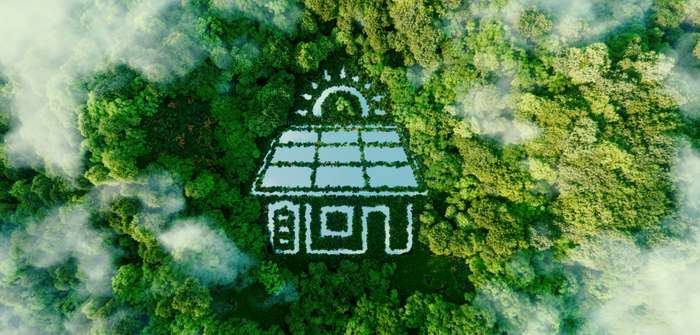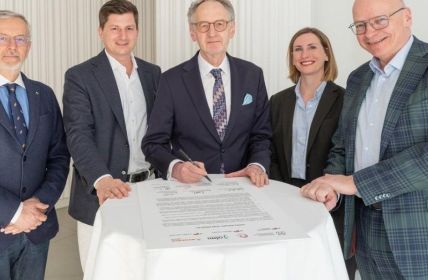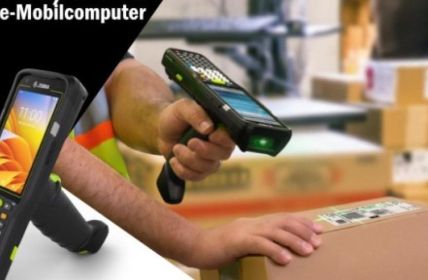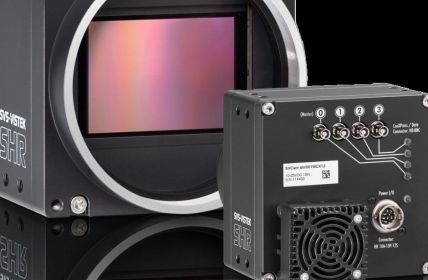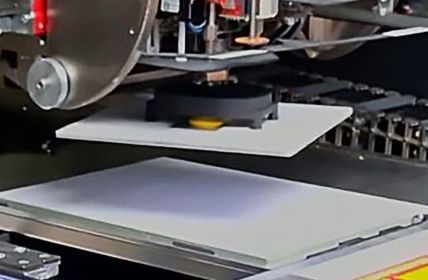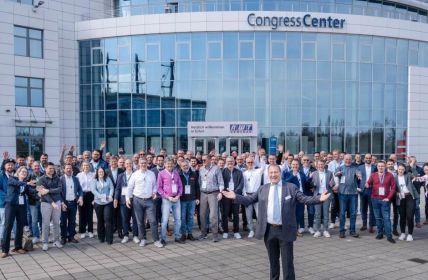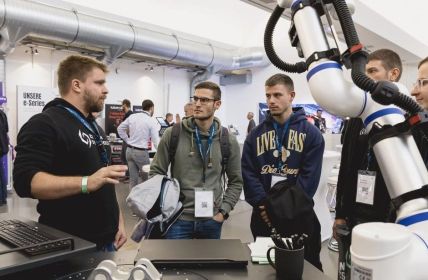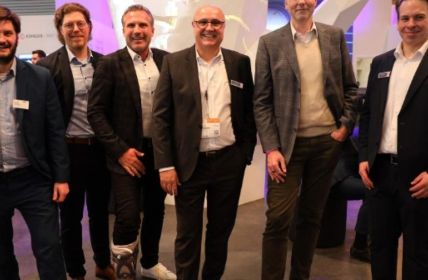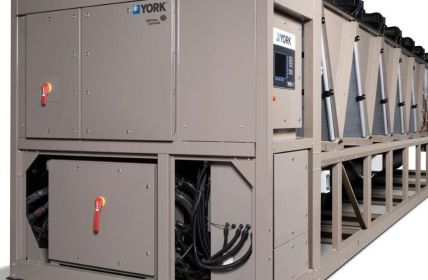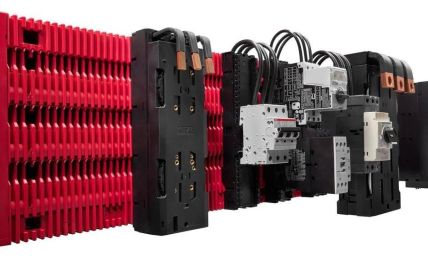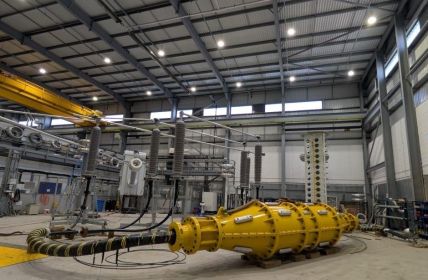Objektus GmbH is one of the leading providers of services for the housing industry in Germany and specializes in solutions for digitizing the heating system. To this end, the company uses smart sensors. Among other things, this contributes to reducing CO2 emissions. Heating is largely responsible for emissions in the residential sector. According to the Federal Statistical Office, it was 148 tons of CO2 in 2019 alone.
Table of Contents: What awaits you in this article
Objektus: Helps with the switch to a smart heating system.
According to the Federal Statistical Office, two-thirds of CO2 emissions rooted in the residential sector are due to heating. That speaks for itself. Yet there are many ways to save in this area.
For example, old heating systems can be replaced and upgraded to a better energy level, insulation measures or even a switch to renewable energies are possible. Another option is the digitalization of the heating system with the help of smart sensors. Objektus specializes in this area and offers suitable solutions.
Digital potential in the building industry still insufficiently exploited
148 million tons of CO2 emissions are caused by residential heating alone. This corresponds to around two-thirds of total emissions in the residential sector. Unfortunately, the digital potential in the building and housing industry is not yet sufficiently exploited. Björn Borst, Managing Director of Objektus GmbH, explains: “Apartment owners who digitize heating systems and network them with an IoT platform using a sensor have access to the current heating data at all times and can then react accordingly.
It’s even possible for temperature regulation to be automatic. The room heat is adjusted to real-time conditions.” For example, the temperature drops when a room is rarely used, or at night. This reduces energy and improves cost efficiency.
Digital heating: also makes sense from a legal perspective
Switching to a digital heating system also makes sense from a legal perspective. In December 2021, the amended Heating Costs Ordinance came into force. It states that meters and heat cost allocators must be capable of being read remotely by the end of 2026 at the latest. Building owners also have a monthly notification obligation to their tenants regarding consumption information during the year (UVI).
This can have a beneficial effect on heating or encourage economical heating. Another advantage of a networked heating system is that maintenance can be carried out conveniently from a distance. This means that property management or service companies no longer have to come on site, which also protects the environment.
Other digital services possible in the smart building
The advantages of digitalization also apply to other building technology devices. Björn Borst of Objektus summarizes the benefits of digital services: “Even energy generation can be centrally monitored when equipped with intelligent sensors. That increases efficiency. Components such as smoke alarms or oil tanks can also be integrated.
This creates safety and reduces the number of repair jobs. Because irregularities in the operating process are automatically detected and can be remedied at an early stage before a malfunction occurs.”
About Objektus GmbH
Objektus GmbH has been a Germany-wide specialist provider of security and digitalization for 17 years now. From the very beginning, the company has focused on the automation and digitization of processes and covers all services related to smart buildings, heating costs and smoke alarms. In addition to its headquarters near Hamburg, Objektus has six other branches in Germany.


